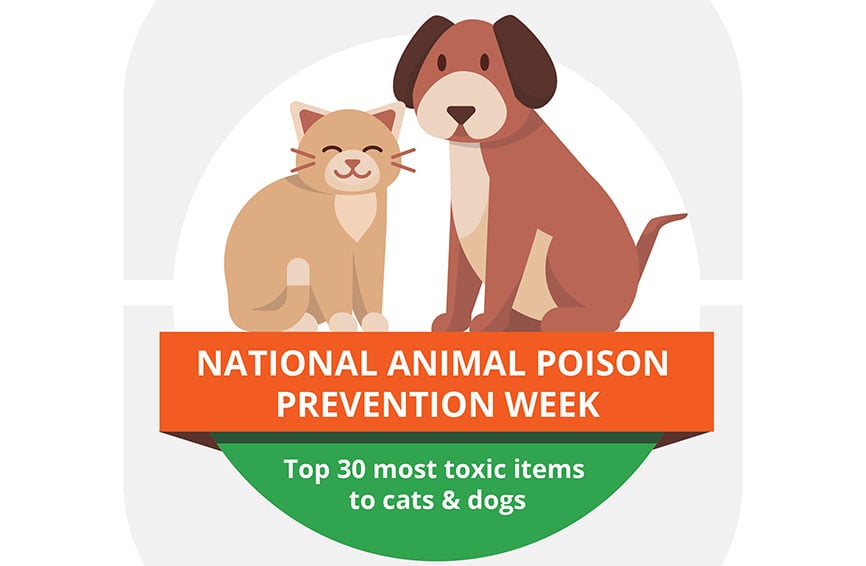The quick answer: Yes, plain eggplant is safe for dogs.
Key Takeaways
- Dogs often enjoy grilled, baked, or roasted eggplant more than raw eggplant.
- Eggplant contains vitamins B6 and K, folate, potassium, niacin, and phytonutrients.
- It is possible for a dog to be allergic to eggplant and develop symptoms of a rash, vomiting, or upset stomach.
- Dogs with kidney problems should avoid eating eggplant, and any dog should consume it in moderation.
Though dogs can eat raw eggplant (it’s not poisonous), they may not enjoy the flavor, so grilling, baking, or roasting is recommended. You can serve plain cooked eggplant in small bite-sized pieces and be sure to avoid seasoning.
If your dog has a history of sensitivities to plants of the nightshade family, it may not be a good idea to let him/her eat eggplant. Nightshade fruits and veggies can cause upset stomachs and exacerbate existing conditions in your pup. Read on for more details.
Benefits of eggplant
Though not the most commonly eaten vegetable, eggplants are a nutritious and delicious vegetable when prepared without oils, fats, or cheese. Eggplant contains vitamins B6 and K as well as potassium, folate, niacin, and phytonutrients, which help to protect against various diseases. They are low in calories and high in fiber which can help a dog on a diet to feel full.
Hazards of dogs eating eggplant
Some dogs are allergic to eggplant; common signs of allergy include itchiness, rash, upset stomach, facial swelling, vomiting, or sore tummy. Contact your vet if your dog has any of these symptoms after eating eggplant. A good indicator of whether your dog would have an allergic reaction to eggplant is if he/she is allergic to tomatoes, as they are both nightshade vegetables.
The nightshade family of vegetables means they contain a naturally occurring alkaloid called solanine. This compound is toxic in high concentrations, so it’s best to moderate your dog’s intake of eggplant. If you grow eggplants in your garden, it’s important to note that the leaves of the plant contain more concentrated amounts of solanine.
According to Rover, “Dogs who deal with kidney issues or arthritis should avoid eggplant as the symptoms of their condition can worsen,” they said. This is due to the eggplant containing oxalates. Oxalates block the absorption of calcium in the bloodstream and can lead to kidney and bladder stones when consumed in large amounts. A small amount of eggplant is perfectly safe for a healthy dog to eat, but those prone to kidney stones shouldn’t eat vegetables that contain oxalates. Other vegetables that have naturally occurring oxalates include spinach, kale, beet roots, collards and quinoa.
Be sure to moderate your dog’s intake of eggplant for the reasons mentioned above, and also to prevent him from getting sick. As mentioned previously, a large quantity of eggplant in one sitting can cause an upset tummy, vomiting, or diarrhea. Again, be sure to serve eggplant in bite-sized pieces to prevent an eager gobbler from choking.
Finally, the healthiest and safest form of eggplant to share with dogs is when it is completely plain. It can be grilled, boiled, baked, or raw, but refrain from adding oil, butter, salt, or seasonings. Certain seasonings can be toxic to dogs while salt and fats are unhealthy and can cause further issues.
If you’re not sure what to share, Healthy Paws has a great list of foods that are safe and not safe for dogs.
Want to make sure your pets are covered from those unexpected illnesses or injuries with no limits on payouts? Get a quote and make sure you’re covered for those dog and puppy mishaps and unpleasant surprises.








